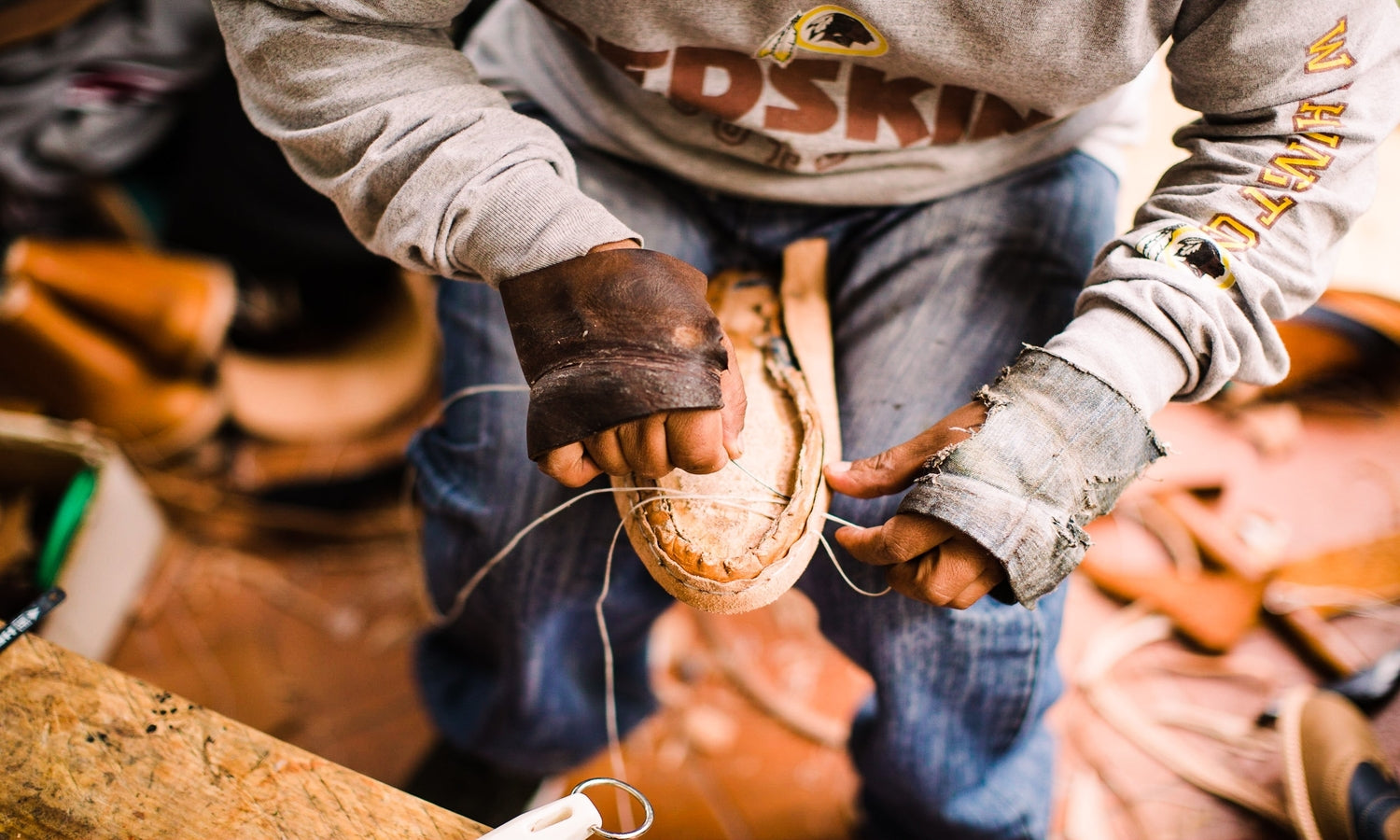The Living Well Line is a social impact methodology that we created to define the relative cost of living well in a given community anywhere in the world. The methodology works by balancing an econometric analysis of World Bank data with individual interviews to define the goods and services needed to live well in a specific location.
Living Well Line Theory of Change
The Living Well Line theory of change is grounded in the belief that the best way to catalyze social mobility and increase quality of life is to pay individuals enough to consume the goods and services that they define as necessary to live well.
1. If our craftsmen earn over the Living Well Line, then they will invest their increased income back into their families and community.
2. If a critical mass of individuals within the community earn over the Living Well Line for a sustained period of time, then their increased wealth will catalyze broader community development.
3. If Adelante validates market demand for paying workers over the Living Well Line, then other companies will be incentivized to adopt the Living Well Line methodology.
4. If a critical mass of consumers demand more equitable business practice from companies, then the industry at large will experience pressure to conform with Living Well Line standards.
Impact Measurement
Of course, the Living Well Line theory of change is still just a theory. To measure whether the Living Well Line is in fact an effective approach to economic development, we benchmark our impact against the United Nations Sustainable Development Goals (UN SDGs) every 12 months. The UN SDGs define development across a wide array of themes, including education, public health, and economic growth.
By paying over the Living Well Line, Adelante directly impacts UN SDG 8, which calls for the provision of sustained, full, and productive employment. In directly impacting SDG 8, we expect to achieve indirect impact on many additional SDGs, thereby furthering development as defined by the United Nations. The SDGs against which we annually measure our impact are:
SDG 1 — End poverty in all its forms everywhere
SDG 2 — End hunger, achieve food security, and improve nutrition
SDG 3 — Ensure healthy lives and promote wellbeing for all
SDG 4 — Ensure inclusive and quality education for all
SDG 5 — Achieve gender equality
SDG 6 — Ensure availability of water and sanitation for all
SDG 7 — Ensure access to affordable, reliable, sustainable, and modern energy for all
SDG 9 — Build resilient infrastructure
SDG 10 — Reduce inequality within and among countries
SDG 11 — Make cities inclusive and safe
SDG 16 — Promote just, peaceful, and inclusive societies

